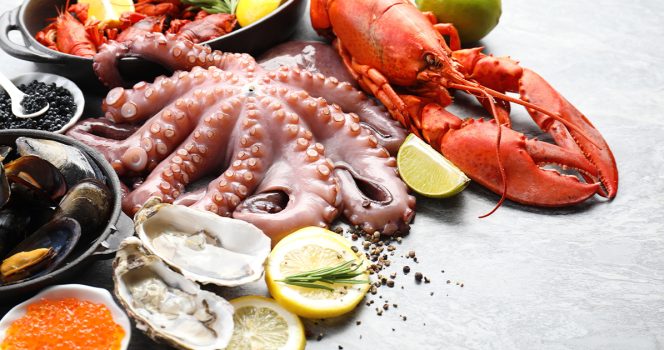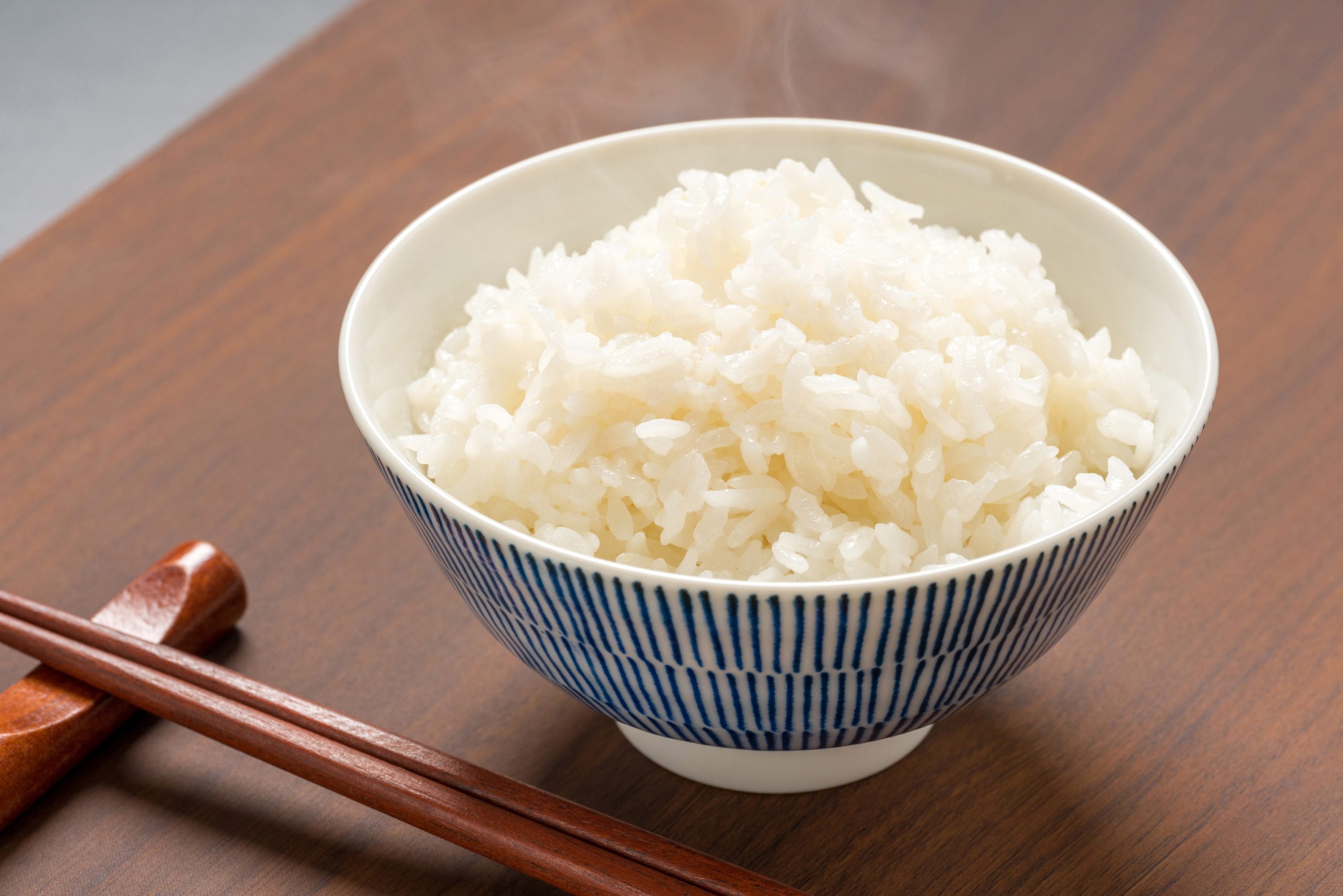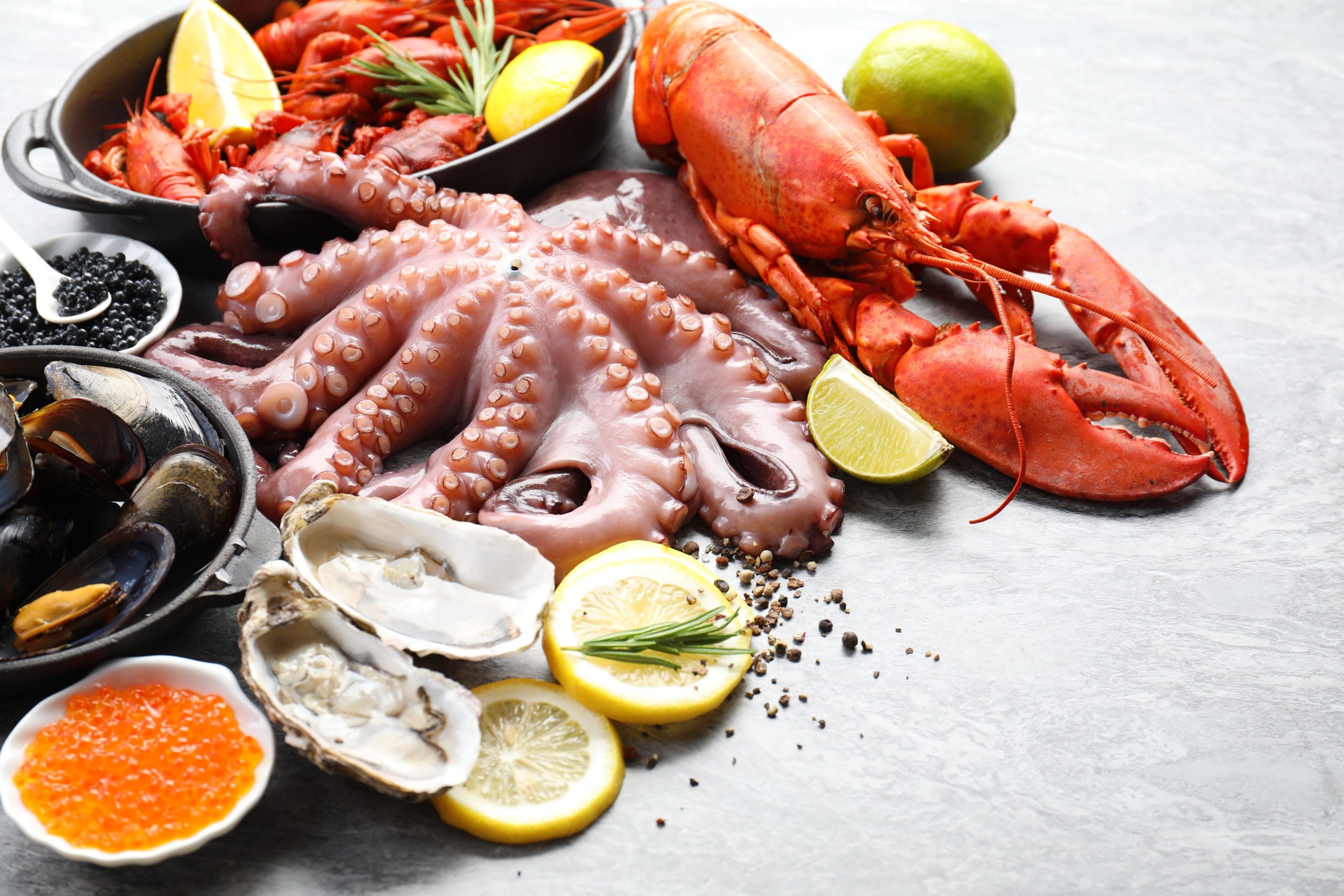
If you’re anything like me, half your fridge will be filled with leftover dishes and the boxed-up remains of meals you ate earlier that week at any given time.
Saving your leftovers to eat the next day(s) is not only practical, reducing time spent on cooking and the mental effort of coming up with what to eat for dinner, but it also saves money and ensures less waste per household.
Some foods keep so well that they can be enjoyed days after cooking. Others are more prone to build-ups of bacteria and toxins that can prove harmful if they’re not eaten within a relatively short space of time.
Then there are the dishes that aren’t at all suited to being reheated after the fact, no matter how tempting it may seen. Here we’ll list five food types that you should be very careful around when it comes to warming them up 24 hours or more after you’ve originally cooked them.
After all, the danger here doesn’t lie in them tasting bad, but rather that they have the potential to be very bad for you. Putting it bluntly, food poisoning is no one’s idea of a good time…
1: Leafy Greens, including spinach, celery, and lettuce
Greens are good for you, right? Well, yes, but that doesn’t automatically make them impervious to the potential pitfalls of being reheated.
Leafy greens are rich in nitrates that can reportedly convert to nitrites and nitrosamines when exposed to high heat. These compounds are in turn linked to cancer and other health issues in the longterm.
We’re sure snacking on some warmed-up lettuce once in a while isn’t going to see you drop dead anytime soon, but eating your greens cold eliminates the issue altogether.
2: Rice
A staple of many diets around the world. Reheating rice is something virtually all of us likely do regularly, but it can pay to exercise caution.
Cooked rice can harbor spores of Bacillus cereus, a bacterium that survives cooking. If rice is left at room temperature, said spores can multiply and produce toxins that can result in nausea, vomiting, and diarrhea.

For the best chance of eradicating risk, be sure to chill your rice within the hour, store it in the fridge, and reheat it once until its steaming hot.
3: Eggs
Bad eggs and food-related sickness go together like peas in a pod.
When eggs are reheated, they can release sulfur compounds, which can lead to stomach problems.
More worryingly, eggs left out too long are prone to contamination by dangerous bacteria like the notorious Salmonella.
4: Mushrooms
Mushrooms are sensitive to changes in temperature and reheating them can result in a breakdown of their proteins, producing compounds that can spell trouble for your stomach.
Improper storage increases the risk of bacterial growth, so make sure you’re doing things right.
5: Seafood
Chances are you’ll be acutely aware of the importance of handling leftover seafood correctly.
Seafood has a reputation for spoiling quickly, so reheating it – even a day later – isn’t recommended. Even when it looks and smells fine, it can be harboring bacteria or toxins capable of doing you harm.

To lower the chances of something going wrong, always store cooked seafood in the fridge immediately and consume it within 24 hours.
Have you ever been sick with food poisoning? Let us know in the comments.
READ MORE
- 10 warning signs your kidneys are failing
- High blood pressure and cholesterol: 3 morning habits you should avoid




